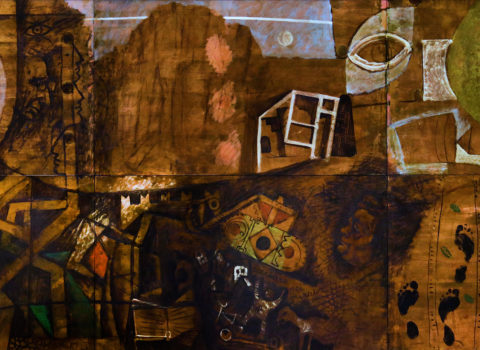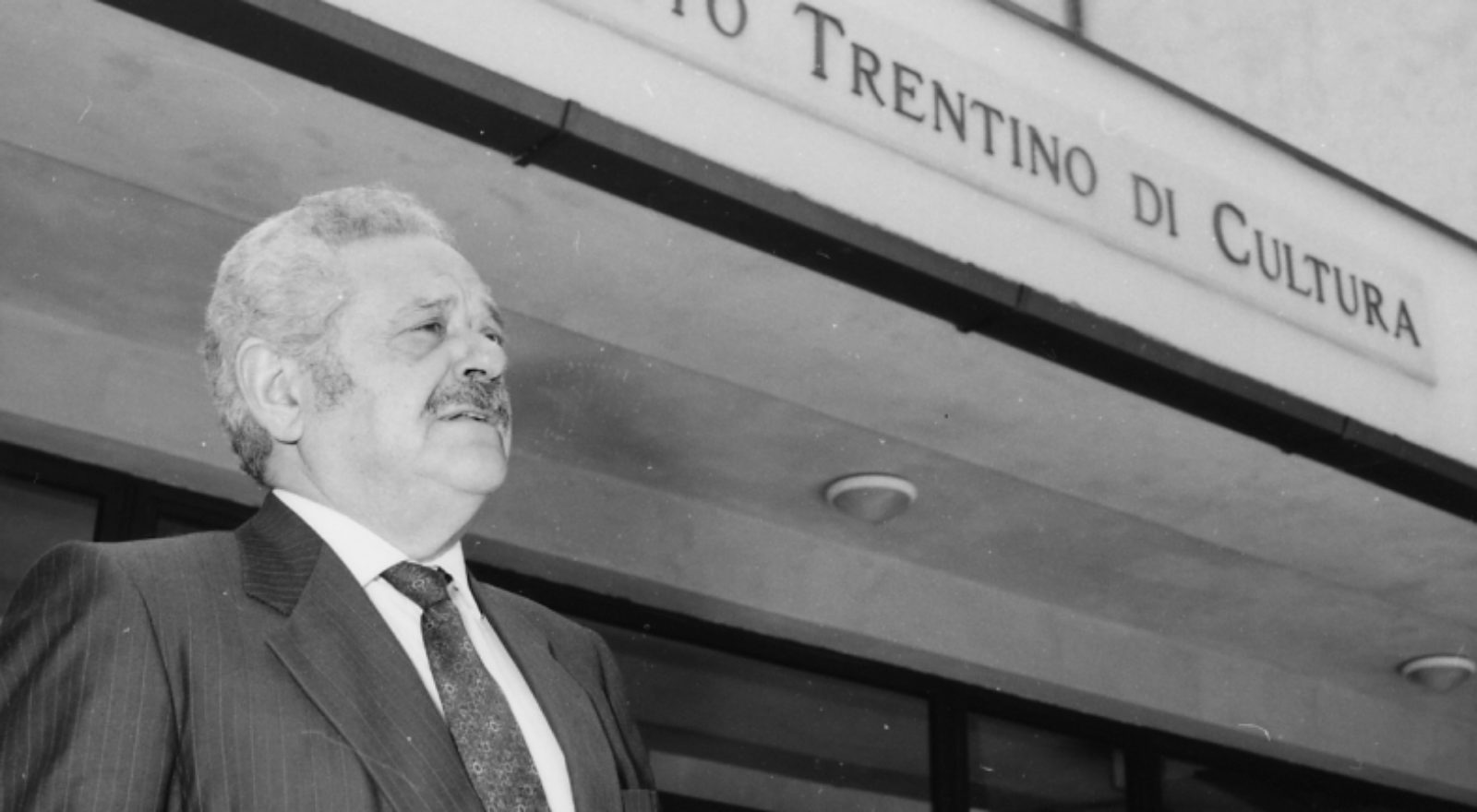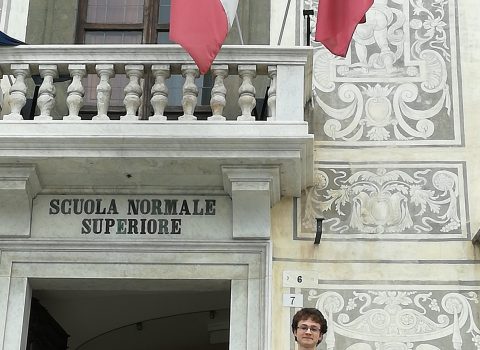
The importance of studying Bruno Kessler
Some possible lines of development for the research on the history of autonomy in Trentino presented by researcher Maurizio Cau
“Paradoxically, Bruno Kessler has been neglected by the historical research of the past decades. I thought I should draw attention to a historiographical void and come up with a plea to ensure that it can soon be filled”
These were the words of Fondazione Bruno Kessler’s Italian-German Historical Institute researcher Maurizio Cau at the round table on the topic “The exercise of Autonomy. Archive sources, case studies, projects ” organized on the occasion of the 50th anniversary of the second statute of Autonomy by the Autonomous Province of Trento, the Autonomous Province of Bolzano-Südtirol, the Autonomous Region of Trentino-Alto Adige, the Trentino Historical Museum Foundation, the Center for Italian-German Historical Studies at Fondazione Bruno Kessler (FBK-ISIG) and the Provincial Archive of Trento.
With his talk entitled “The sense of anniversaries. For a new season of studies on Bruno Kessler”, Cau identified some possible development lines for research on the history of autonomy in Trentino, placing one of its protagonists, Bruno Kessler, at the center of the considerations.
“Of course, there are valid general framework studies”, Cau explained, ” as well as works dedicated to issues and aspects relevant to the understanding of his political experience, but we cannot yet count on in-depth and structured researches capable of analytically reconstructing Kessler’s biography and, with it, the propulsive role that the politician from Val di Sole has given to local institutional events. Bibliography on Kessler is at the moment rather sparse”.
“The time has come to rekindle interest in the political events around Bruno Kessler”, added Cau, “which today we can finally reconstruct thanks to a set of documents of great importance kept in the Provincial Archives that have been open for consultation a few months ago. What we intend to do is to launch archival research that will allow us to fill this void, retracing the development trajectories experienced by Trentino between the 1960s and 1980s and place them in the more general context of the planning processes that marked the European political and institutional culture of the second half of the twentieth century.”


